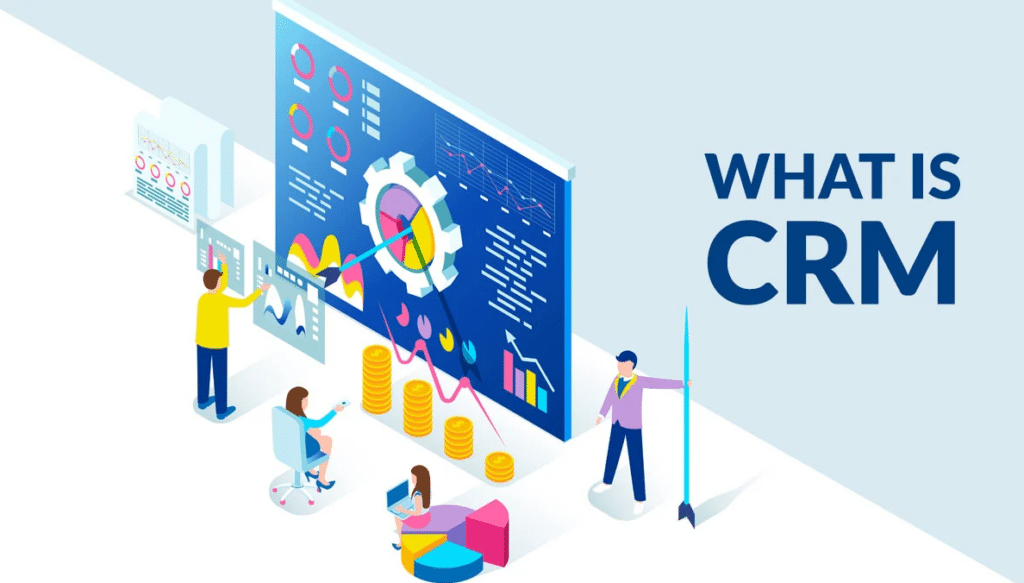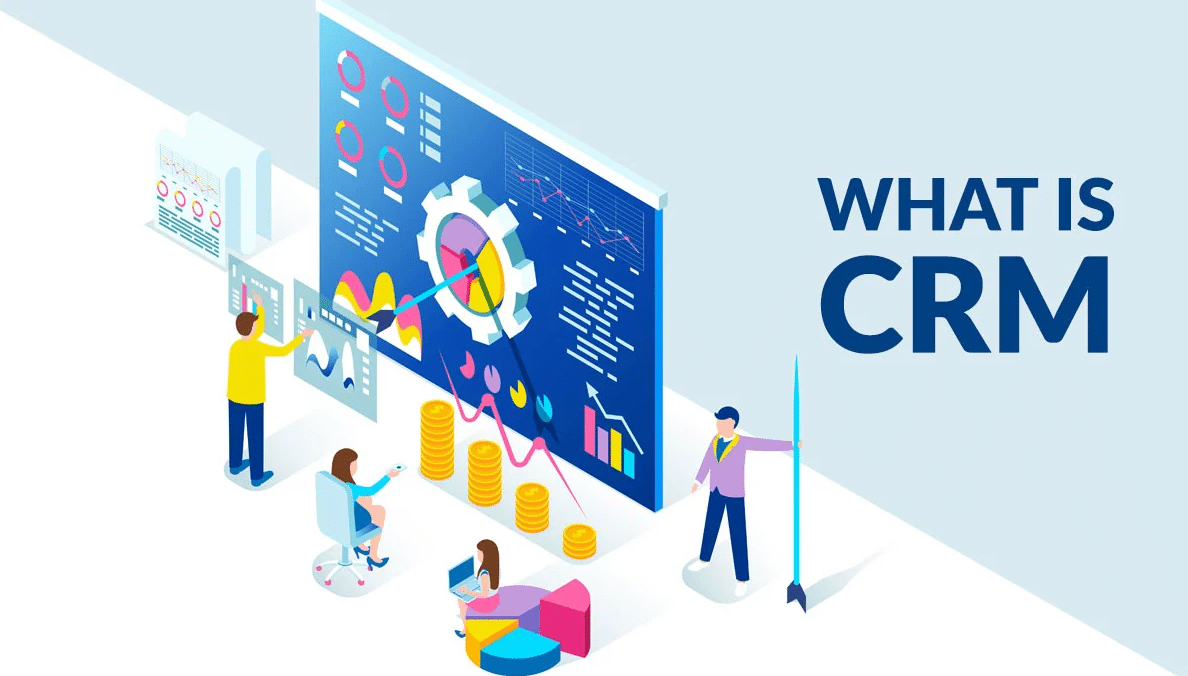In the fast-paced business landscape of today, effective customer management is key to success. Enter Customer Relationship Management (CRM), a powerful tool that can revolutionize the way you interact with your customers. In this article, we’ll explore What Is CRM, its significance, features, and much more. So, let’s dive in!
What Is CRM?

Customer Relationship Management, often abbreviated as CRM, is a strategic approach that organizations use to manage and analyze customer interactions throughout their lifecycle. CRM systems and software are designed to streamline processes, improve customer service, and drive growth by fostering stronger relationships with customers.
The Importance of CRM
Enhancing Customer Experience
In a world where customers have myriad choices, delivering exceptional experiences is paramount. CRM helps in personalizing interactions, providing insights into customer preferences, and ensuring every touchpoint is a delightful one.
Boosting Sales and Revenue
CRM systems enable businesses to identify leads, nurture prospects, and close deals efficiently. By tracking sales opportunities and automating follow-ups, CRM contributes significantly to revenue growth.
Data-Driven Decision Making
Access to a centralized database of customer information empowers businesses to make informed decisions. Analytics and reporting features in CRM software provide valuable insights into market trends and customer behavior.
Building Stronger Relationships
CRM fosters long-term relationships by facilitating consistent communication, resolving issues promptly, and tailoring offerings to individual customer needs.
Key Features of CRM
CRM systems come equipped with an array of features designed to address the multifaceted needs of businesses. Here are some essential components:
Contact Management
Effortlessly organize and manage customer contacts, including their details, interactions, and preferences.
Sales Automation
Automate repetitive sales tasks, such as lead scoring, email marketing, and follow-ups, to save time and boost efficiency.
Marketing Automation
Create targeted marketing campaigns, track their performance, and nurture leads to conversion.
Analytics and Reporting
Access real-time data and generate reports to gain actionable insights and measure performance.
Customer Support
Provide exceptional customer support by tracking and resolving issues efficiently.
Frequently Asked Questions (FAQs)
What Is CRM’s Role in E-Commerce?
CRM plays a crucial role in e-commerce by enabling businesses to personalize product recommendations, target marketing campaigns, and improve customer retention.
How Can Small Businesses Benefit from CRM?
Small businesses can benefit from CRM by streamlining operations, managing customer relationships effectively, and driving growth through better customer engagement.
Is CRM Software Expensive?
The cost of CRM software varies, with options available for businesses of all sizes. Many cloud-based CRM solutions offer scalable pricing, making it accessible to smaller businesses.
Can CRM Be Integrated with Other Software?
Yes, CRM systems can be integrated with various third-party applications, including email marketing tools, accounting software, and e-commerce platforms, to enhance functionality.
Does CRM Require Specialized Training?
While CRM systems are designed for user-friendliness, providing training to your team can maximize its benefits and ensure efficient usage.
Is Data Security a Concern with CRM?
Data security is a top priority for CRM providers. They implement robust security measures, including encryption and access controls, to safeguard customer data.
Conclusion
Customer Relationship Management is more than just software; it’s a philosophy that prioritizes customers and their satisfaction. In this article, we’ve explored What Is CRM, its importance, key features, and answered some common questions. By adopting CRM, businesses can thrive in today’s competitive landscape. Now, it’s your turn to harness the power of CRM and transform your customer relationships.
